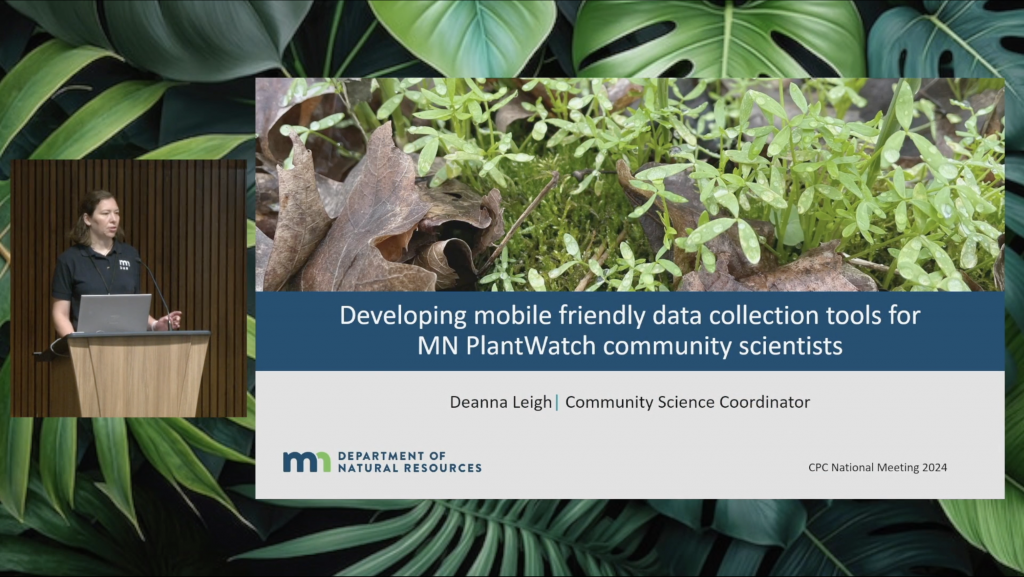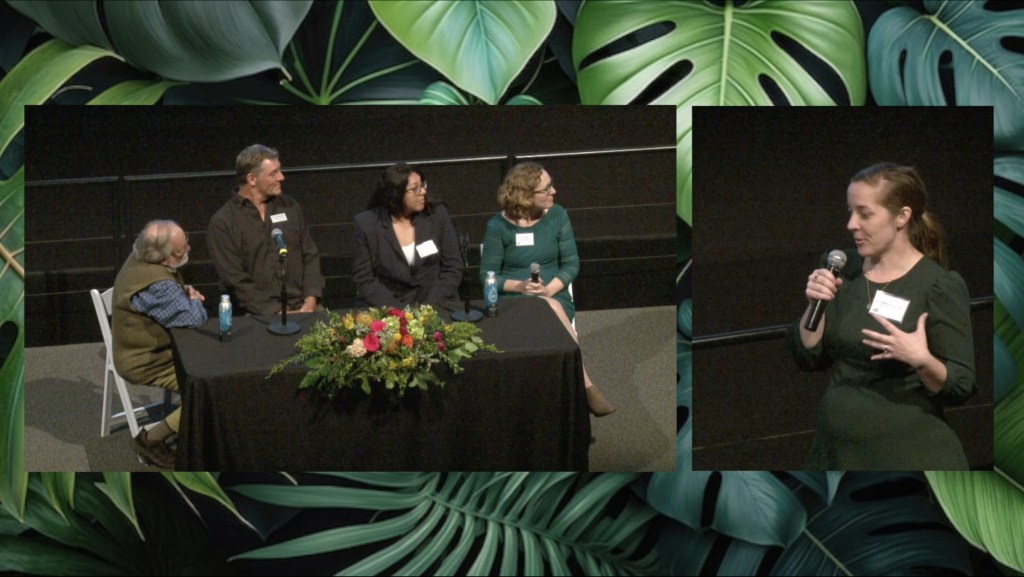
CPC’s 40th Anniversary Summit, Conservation Innovation: Advancing Endangered Species Conservation, hosted a discussion with a panel of leading experts in the field of plant conservation. In this recording, experts on the panel introduce themselves and have a discussion on the present and future of plant conservation. The panel consists of Dr. Jon Rebman, Curator of […]
Read More…
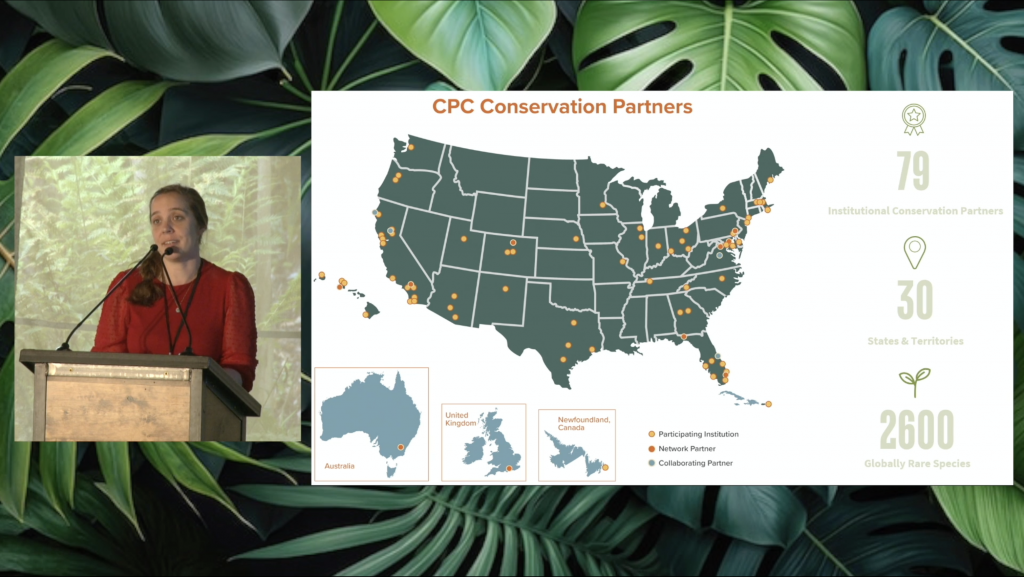
CPC is thrilled to celebrate 40 years of plant-saving collaborations with our boots-on-the-ground botanists and skilled collection curators who prevent plant extinction everyday. In this talk, I reflect on how technology, politics, and emerging threats have dramatically changed many aspects of our conservation research and collaboration, as well as the importance of the CPC community […]
Read More…
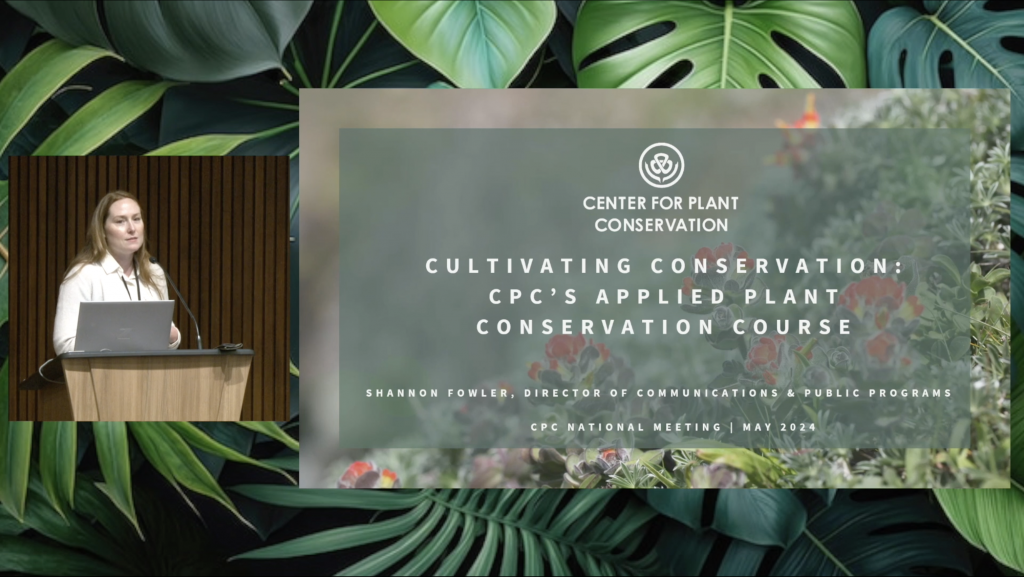
The Center for Plant Conservation Rare Plant Academy’s newest offering, the Applied Plant Conservation Course, is a free, online professional development training designed to equip both current and prospective members of the botanical workforce with the tools and knowledge needed for effective rare plant stewardship and conservation. In this session, we will provide a progress […]
Read More…
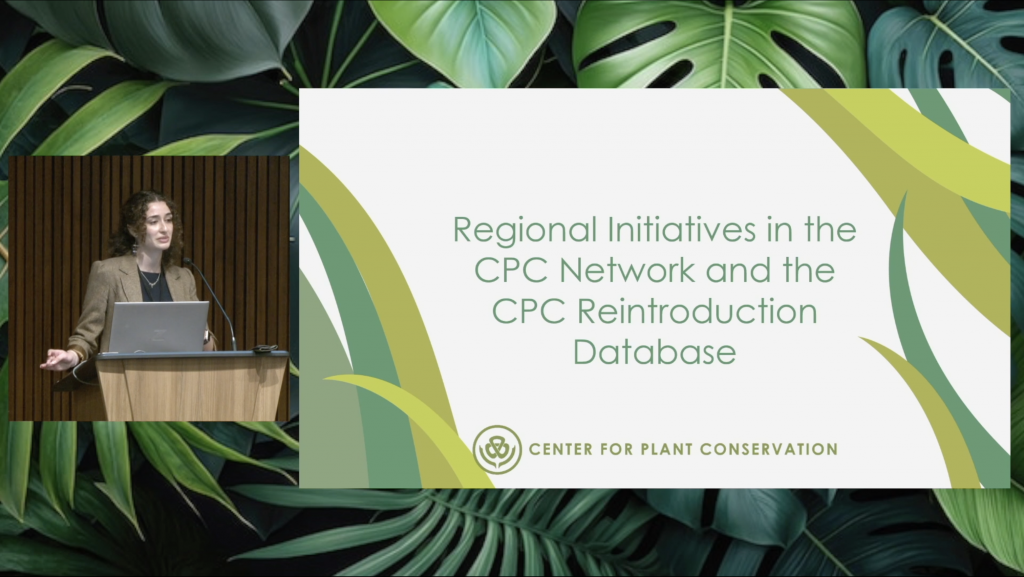
CPC’s involvement in regional initiatives California Plant Rescue and Florida Plant Rescue has produced an exciting data resource in the form of CPC’s Seed Collection Targeting Module. This database resource synthesizes ex situ collection data with in situ occurrence records from natural heritage programs and government agencies, allowing for more streamlined targeting of priority species […]
Read More…
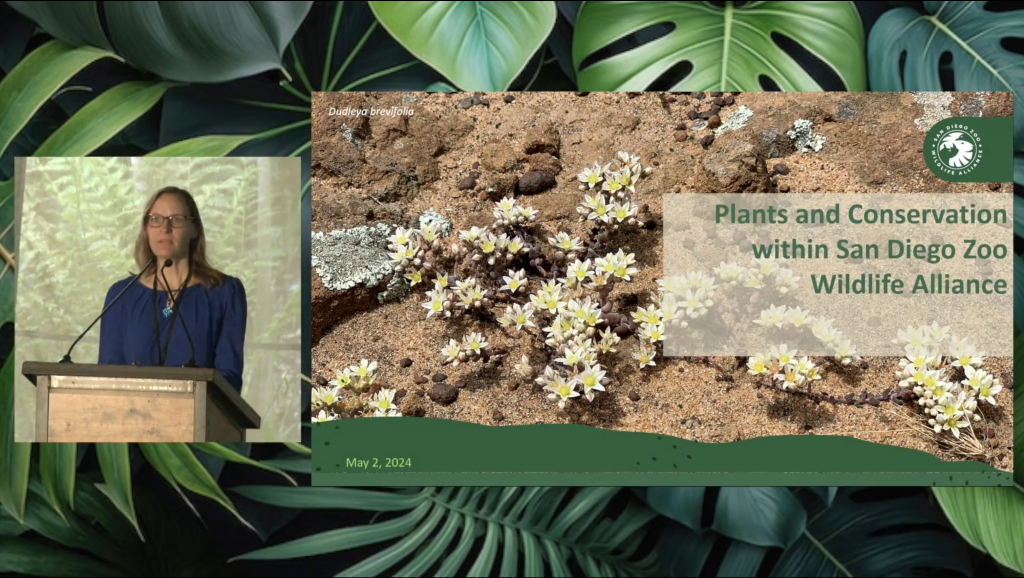
Within the San Diego Zoo Wildlife Alliance (SDZWA), three departments hold plant expertise: Conservation Science, with their Plant Conservation team, as well as the horticulture departments at the organization’s two parks – the San Diego Zoo and Safari Park. These teams vary in their focus and in the ways they contribute to both plant and […]
Read More…
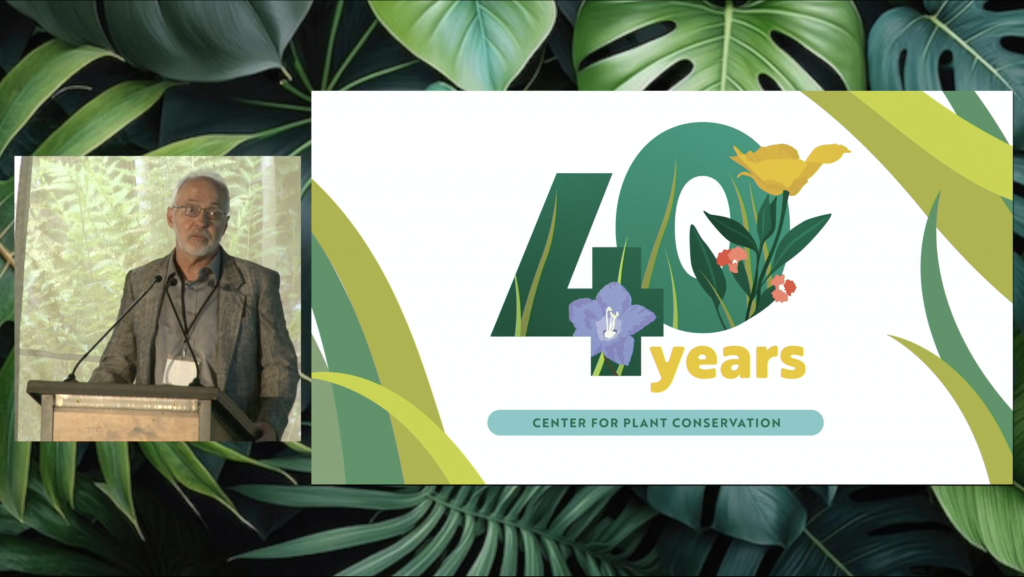
Don Falk is a Fellow of the American Association for the Advancement of Science (AAAS), and has received a FulbrightShort-Term Scholar award, the Ecological Society of America’s Deevey Award, and the Udall Faculty Fellowship in PublicPolicy. He is the author of more than 150 publications, including five edited books, including Genetics and Conservation of Rare […]
Read More…
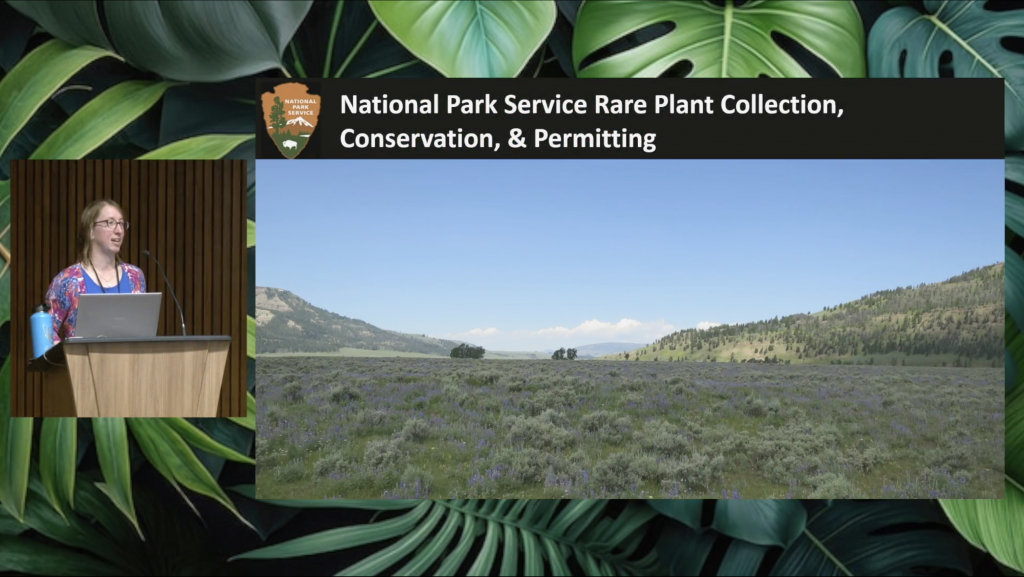
The National Park Service (NPS) recently completed a Cooperative Agreement with CPC that will cover the collection, storage, and other conservation actions of rare plant species on NPS lands. Any CPC-affiliated institution that wishes to work with species found on NPS lands can be covered under this agreement. This presentation will give an overview of […]
Read More…
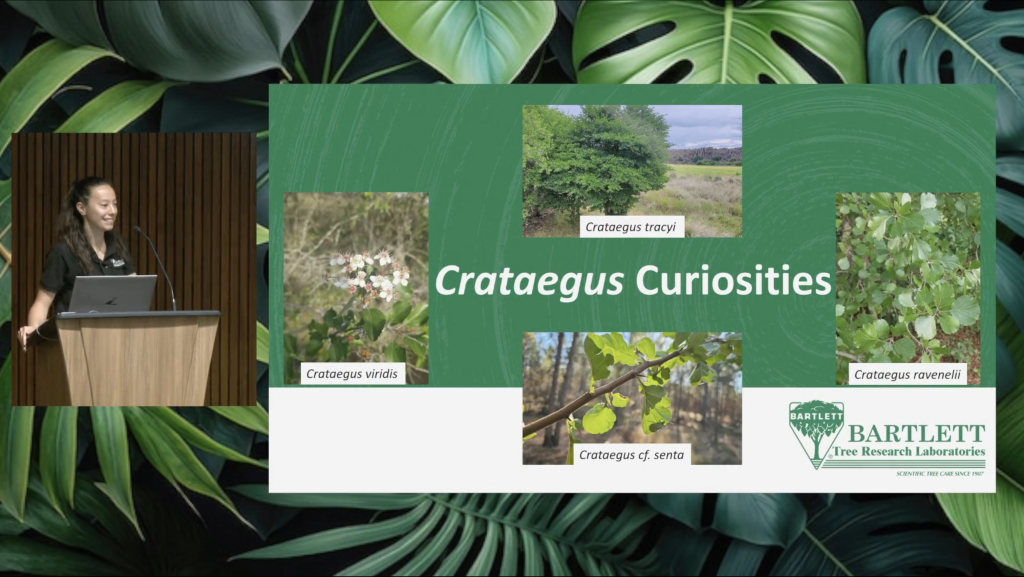
Crataegus is a widespread genus that is well characterized over some of its range, but not very well studied in the Southeastern United States. It is also notoriously confusing to do taxonomic work in this genus and has even facilitated the creation of a concept called ‘The Crataegus Problem’. Though researchers tend to avoid the […]
Read More…
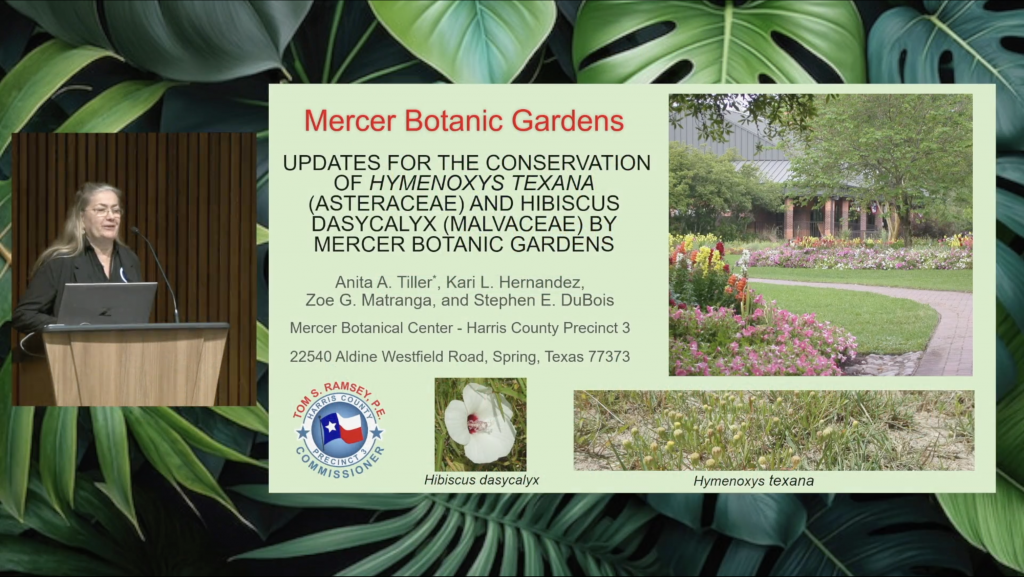
Mercer Botanic Gardens, a Harris County botanical gardens park facility, became a participating institution for the Center for Plant Conservation (CPC) in 1989. Mercer has worked with the ex situ conservation of the federally listed Texas endemic, Texas prairie dawn, Hymenoxys texana, Asteraceae (G2) and rare endemic saline prairie associates since 1986. Mercer’s in situ […]
Read More…
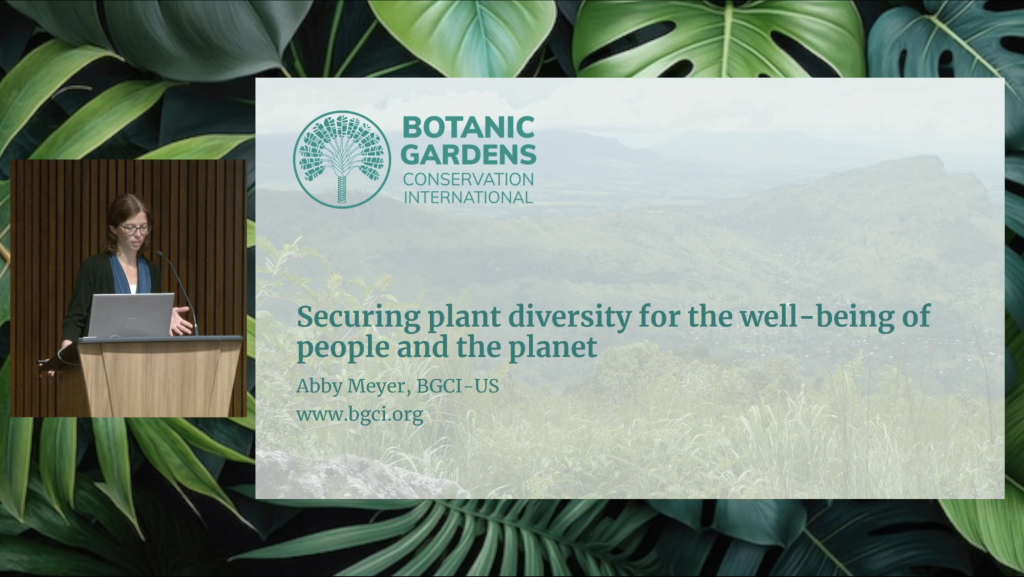
There are an estimated 3,500 botanic gardens worldwide maintaining over 40% of known plant diversity in their living plant, seed, and tissue collections. Botanic Gardens Conservation International (BGCI) works to facilitate and connect this global community through metacollection development, and serves as a knowledge hub to share best practices and provide guidance. BGCI’s globally unique […]
Read More…
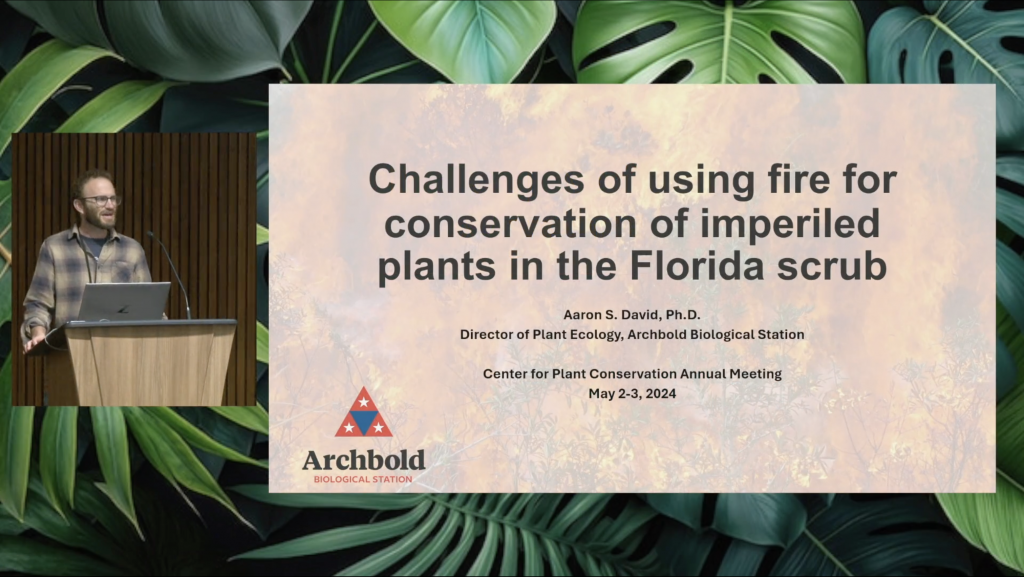
Fire is an essential ecosystem process that must be incorporated into conservation. Yet, the proper use of fire for conservation is a delicate balancing act between maintaining habitat quality and the unique fire adaptations of each imperiled species. At Archbold Biological Station, our long-term research on wild and translocated populations of many imperiled plant species […]
Read More…
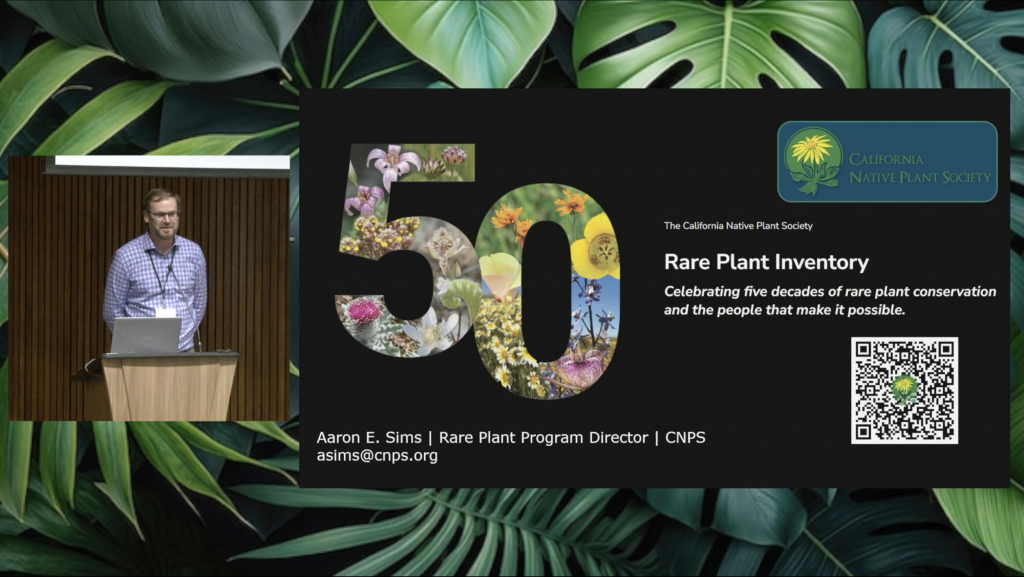
The California Native Plant Society (CNPS) maintains an inventory of California’s rare and endangered plants, where conservationists, researchers, consultants, and resource managers go daily to help educate landowners and public policy makers about the importance of rare plant stewardship and conservation. Starting as index card files of plant names and locations developed by famous geneticist […]
Read More…
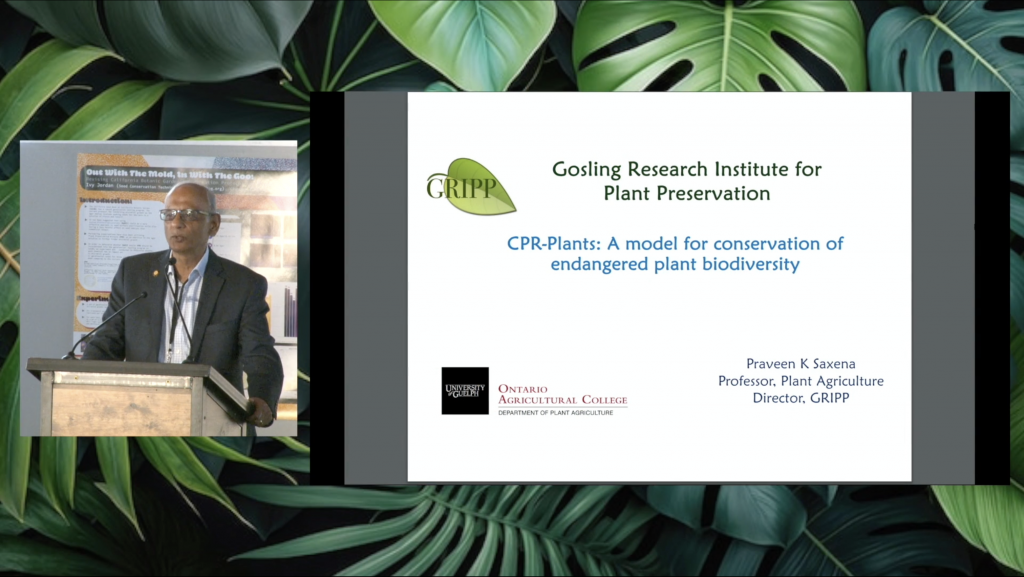
Climate change and biodiversity loss and are two closely intertwined events, which occur simultaneously and lead to serious losses of plants in ecosystems. Loss of habitats at an alarming rate has also seriously impacted the survival of several plant species of ecological significance. The Gosling Research Institute for Plant Preservation (GRIPP) (www.gripp.uoguelph.ca) is a unique […]
Read More…
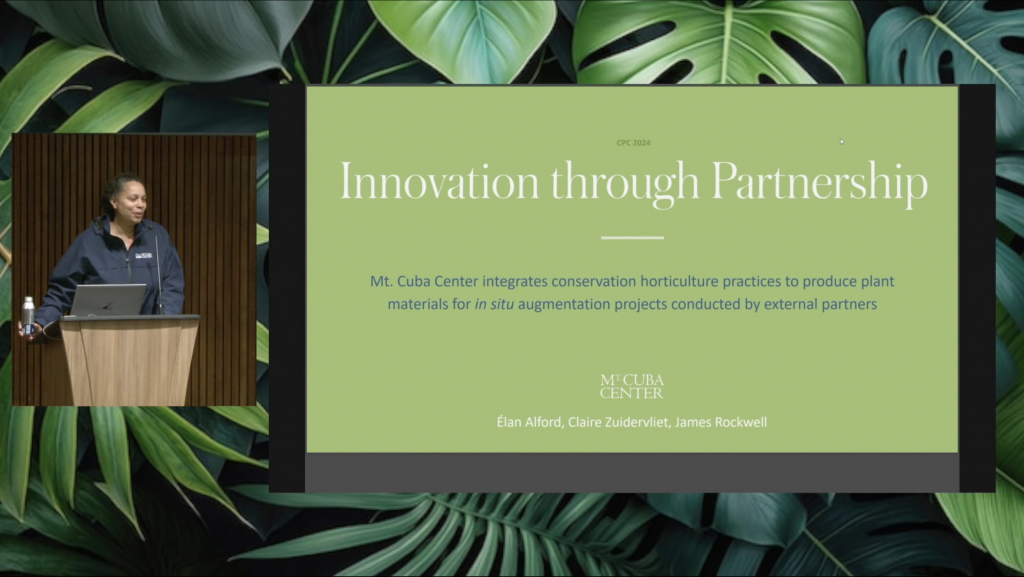
Conservation horticultural practices serve as critical research on propagation methods and lead to valuable production output for in situ conservation efforts. Mt. Cuba Center has engaged in propagation research programs for an array of state rare, federally listed, or globally rare taxa over the years. We highlight goals and outcomes of current projects with state, […]
Read More…
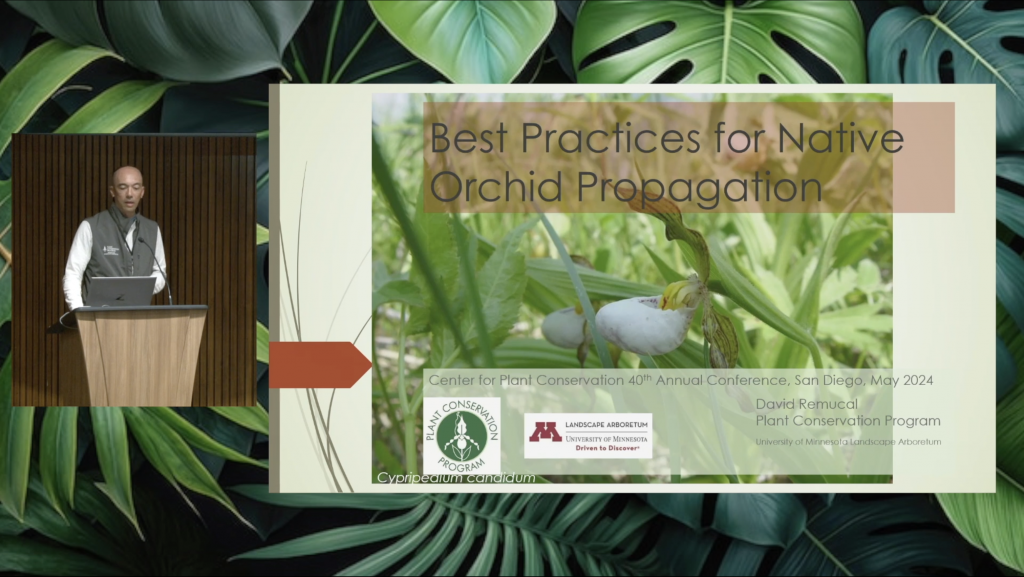
Temperate orchid propagation methodology is largely decentralized, pragmatically unachievable and frequently unverified by replication. The Plant Conservation Program at UMLA is working to create a centralized resource for native orchid propagation for regional native orchids in a way that is available to groups that want to work with native orchids for conservation purposes but may […]
Read More…
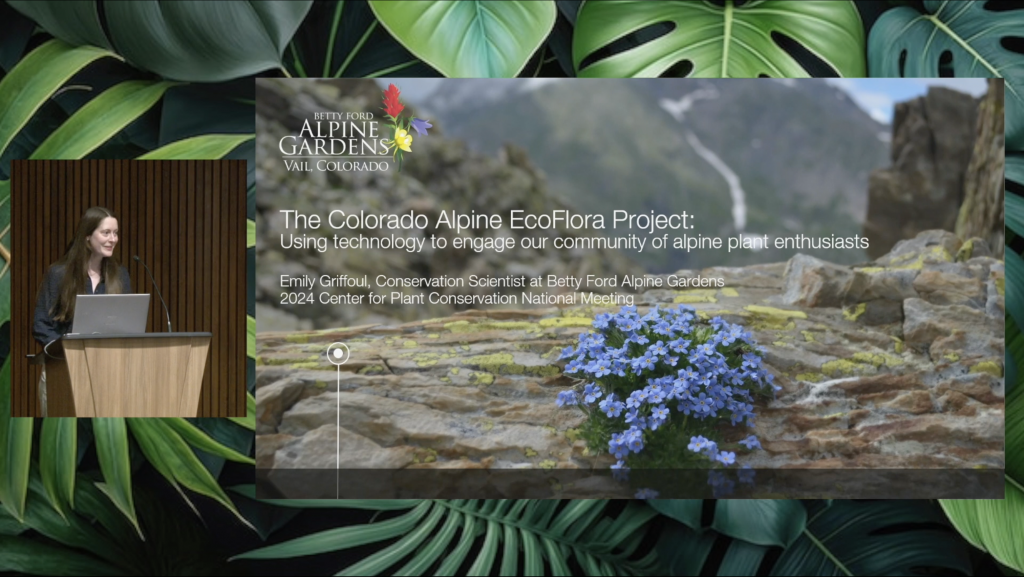
Betty Ford Alpine Gardens leads the implementation of the North American Botanic Garden Strategy for Alpine Plant Conservation, a blueprint for the protection of alpine plants in the US, Mexico, Canada, and Greenland. The Alpine Strategy has several conservation goals, both in-situ and ex-situ. It focuses on understanding and documenting alpine plants, as well as […]
Read More…
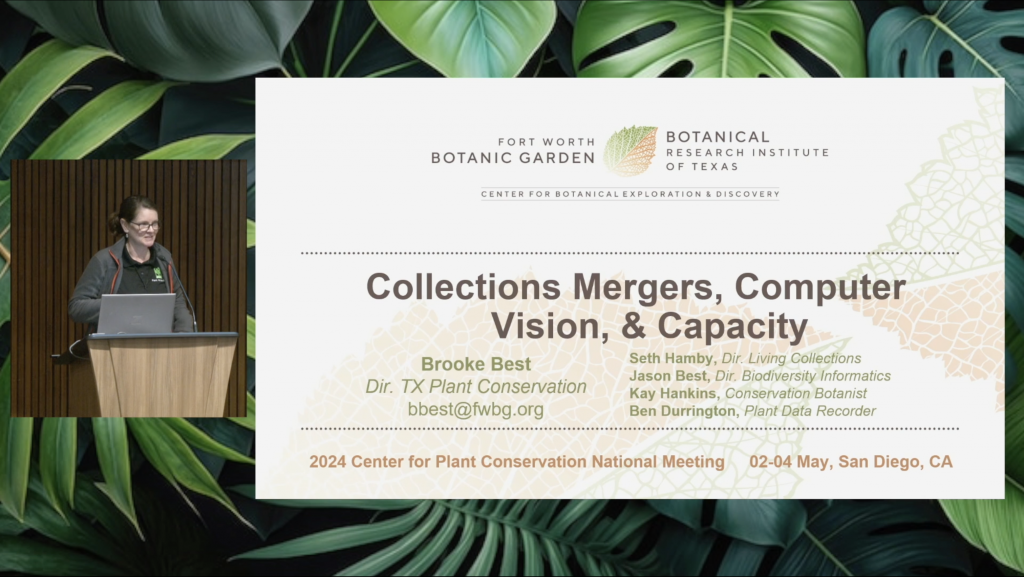
In 2020, two organizations with similar plant-based missions—the Botanical Research Institute of Texas (BRIT) and the Fort Worth Botanic Garden (FWBG)—combined to become a single nonprofit focused on plant conservation and public education. Since the merger, FWBG has worked to align the historical legacy of 110 acres of living collections with the nationally and internationally […]
Read More…















